Better Businessing 3/3
WHY do I do it?
This is the 3rd of 3 installments on better businessing from my point of view. The first was about product, the second about leadership and decision making, the third is more personal… why do I choose to do this work? Why do you?
I’m not someone who can work a job I don’t find personally meaningful. I know people that have jobs they don’t really care about; they clock in, clock out and enjoy their lives outside of work. Sometimes I’m jealous of them because their jobs are a means to an end, i.e. paying for their lives and doing fun things outside of work.
For better or worse, my work is an integral part of my identity and my self-worth (the ‘for worse’). When I am doing something I am not aligned with or don’t believe in, I’m a huge pain in the ass. I question everything and struggle to get on board. I remember my boss and COO of a previous employer saying to me “Cynthia, I’m asking you to do this, can you just do it?”, and I swallowed distaste and did it, but man I made a stink along the way.
I also need to feel special to do my work, as in I need to feel like I, with my unique set of experiences and skills, am the person to do this job well. I think this sounds super ‘millennial’… I get it, I’m just being honest. If I don’t feel like I’m touching into what makes me unique to do my work, it becomes much less interesting to me. If I know 10 other people who could a project, I’m less inclined to take it on. I like the space at the edge, not knowing exactly what’s in front of me because few people have walked that path - I like to help create the path, even if it means it is less certain and higher risk (which also haunts me on an ongoing basis). I like being an explorer and building work/projects for which there are little or no blueprints.
That’s part of my why. The other part is about the actual things that we have spent so many precious resources making, the things that should not end up in landfill, but should be continuing on in one way or another. My most favorite ‘stuffs to save’ are things made well that stand the test of time including quality furniture, clothing, jewelry, housewares - for example, my nightstand handed down from my husband’s friend’s father, my vintage/old 100% wool sweater collection, my great grandmother’s locket, ceramic bowls my grandmother made, quilts from my mom… you get the idea. Those are the types of things I care most deeply about, products made well from high quality ingredients - and brownie-attachment-points if they are also from family.
I also care about the larger reuse and recycling systems that aren’t focused on one specific item, but on the ability to create meaningful change for a huge volume. Right now, I work on these larger systems by:
partnering with RTV who make monomaterial nylon products for brands and manufacturers from recycled, recyclable nylon pellets
helping a brand set up a pilot repair program to keep their high-quality products in use
producing podcasts about improving domestic manufacturing in the US
All of these projects tap into my personal beliefs about how businesses SHOULD be operating. We should be using recycled, recyclable materials. We should be offering our customers repair services. We should be working to improve and grow manufacturing in the US. By helping on each of these fronts, I feel like I am moving the ‘should’ into ‘is’, as in, these things ARE happening if I’m helping push them forward. That’s what I need to do to feel good within myself.
If you made it this far, what do you need to do to feel good within yourself? At whatever level you work, whether you are the CEO or an entry-level associate, what is important to you about the time you spend working? I care about answering this question honestly- I know people who say ‘making an impact’ and I know others who say ‘money’- there are a million possible answers, but I think the important rule is that you follow your sense of what is meaningful to you. Some folks can articulate that in a sentence, and others just pay attention to feeling they have when doing some types of work, reading a book, whatever. Pay attention to that feeling.
I know what I’m saying can be annoying if you feel you don’t have the means or luxury to work in a way that feels important to you, and I understand that. I have felt that way many times. I just continued to pay attention to what I did not like and what I did like, and jumped at or created opportunities when I could do more of what I liked. In some cases it was my choice, like applying for a new job or starting my business, and in other cases it wasn’t, like being laid off.
This is a long, rambling road of words to say that doing meaningful work will create better businesses and bring more integrity to industry.
blurg… I’m done-
Thoughts always welcome! Just reply to this email.
Cynthia
PS. Below is a list of key business beliefs I recently presented. It’s a summation of part 1 and 2 of this 3 part series.
Key beliefs from 17 years in sustainability + circular economy
Beautiful, functional, well made products
Employee Stock Ownership Programs
Privately held companies
CEOs and owners publicly caring about sustainability and standing behind it
CMOs who understand how sustainability builds their brand and include it in messaging strategies
Getting clear on your supply chain:
Who makes your products?
What materials are your products made out of?
How can you be sure?
Make it better / Help make your partners’ livelihoods more successful
Having integrity about materials, both the actual product and the wrapper.
Being honest about the mess and waste you make.
Help clean it up.
Long term partnerships build trust and open doors that short term ones will never have access to.
Take care of what you make.
Plan for the end of it, not just the beginning.
*honorable mention to Joe Macleod and AndEnd
Waste doesn’t exist
(in the circular economy).
Everything has value if you plan and sort.
Given the opportunity (i.e. $), go above and beyond.
With the incredible wealth and influence of a large, profitable company, set ambitious goals and a strategy to achieve them.
Let innovation play and breathe.
Give it resources and room to fail or succeed. It will do both, and important learning will come from both.

